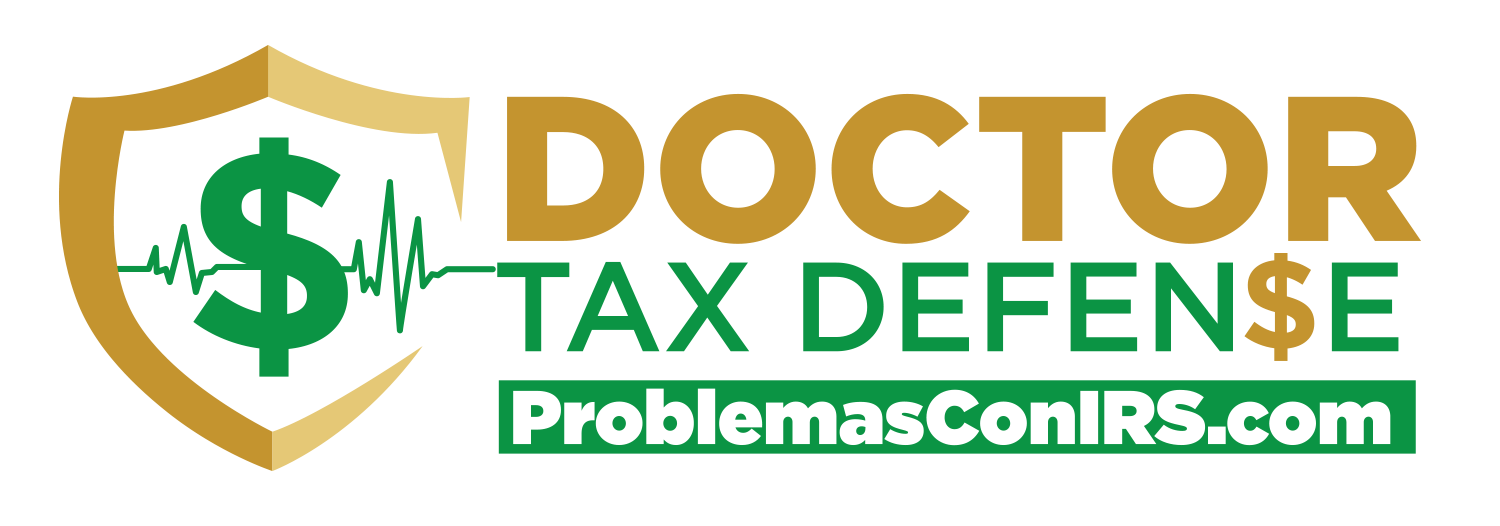Are you lost in the nightmare of the IRS maze? The IRS is extremely complex and it is no surprise that so many people run into tax problems each year. Collection tactics used by the IRS can be intimidating and intrusive. The Internal Revenue Service issued over 3 million levies in 2012. Our representatives are licensed by the IRS and know all the rights afforded to taxpayers that have fallen behind. Don’t let the IRS take advantage of your lack of knowledge!
We want to accomplish four goals for each of our clients:
Remove the threat and worry of the taxing authorities taking aggressive collection action against your income and assets.
Seek a reduction in the total amount of debt
Propose and negotiate a formal resolution to your tax debt, which will be the most affordable arrangement given your financial situation.
Ensure the appropriate steps are taken to permanently eliminate any possibility of a future tax burden.
Beware of tax resolutions companies charging outrageous up-front fees, and then asking you for even more money, while they sit and do nothing to help you!
Send your quote from another firm, and we guarantee we can meet or beat it-all with zero sales pressure.
Some Tax Problems
Have unpaid taxes that you can’t pay? There are many options available to you depending upon how much you owe, your current financial situation and your anticipated future financial situation. The worst thing to do would be to ignore your problem as the IRS, is very understanding when it comes to individuals that cannot pay. If you do not notify them and make appropriate filings you will be charged unbendable penalties.
A tax lien is the first major step the IRS takes against individuals that owe taxes. With a tax lien the IRS is taking legal claim to assets in order to ensure payment. A tax lien can be removed if you can pay the taxes owed or if you can assure the IRS that you will be paying. There are many different settlement methods the IRS will accept. Understand more about why a tax lien is in place, the effects of a lien and what is required to remove the tax lien.
A tax levy is the harshest of the collection mechanisms the IRS has. They can legally take your assets in order to satisfy the tax liability. The IRS can take your wages, money in your bank account, your house, your car, or anything else of monetary value. The IRS will typically give 30 days’ notice before they do any of this and this will give you enough time to take action and stop them. Understand more about how a tax levy works and actions you can take to stop the IRS.
IRS wage garnishment is a form of tax levy in which the IRS garnishes your pay check. This is one of the most common forms of levy for taxpayers that are salaried workers. Understand how a wage levy works and the different methodologies that can be used to stop the levy or negate the effect of it. Also, understand the benefits of hiring a tax professional to help with the garnishment.
Not filing a tax return and having back taxes is actually much worse than filing a return and not paying what is owed. The sooner you take action the better. The IRS has an unwritten rule to not punish people that intentionally file before they are found by the IRS. Find more information on the proper way to file back taxes, even if you do not have the right documentation or money to pay.
The IRS charges penalties as a way to scare taxpayers into keeping in compliance with their tax filings and tax payments. Understand the most common IRS penalties and ways to avoid or eliminate them.
The IRS sends about 75 different types of notices to inform taxpayers of problems. Most of these problems are an easy fix. Know what to do with your notice.
Everyone has heard the statistics about tax audits and how it is very unlikely to receive one in a given tax year, but over your lifetime it is more likely than not that you will get audited. Whether you are currently being audited, you want to prevent an audit, need help with an audit, or just want general information on an audit, find all the information you need about them with us.
